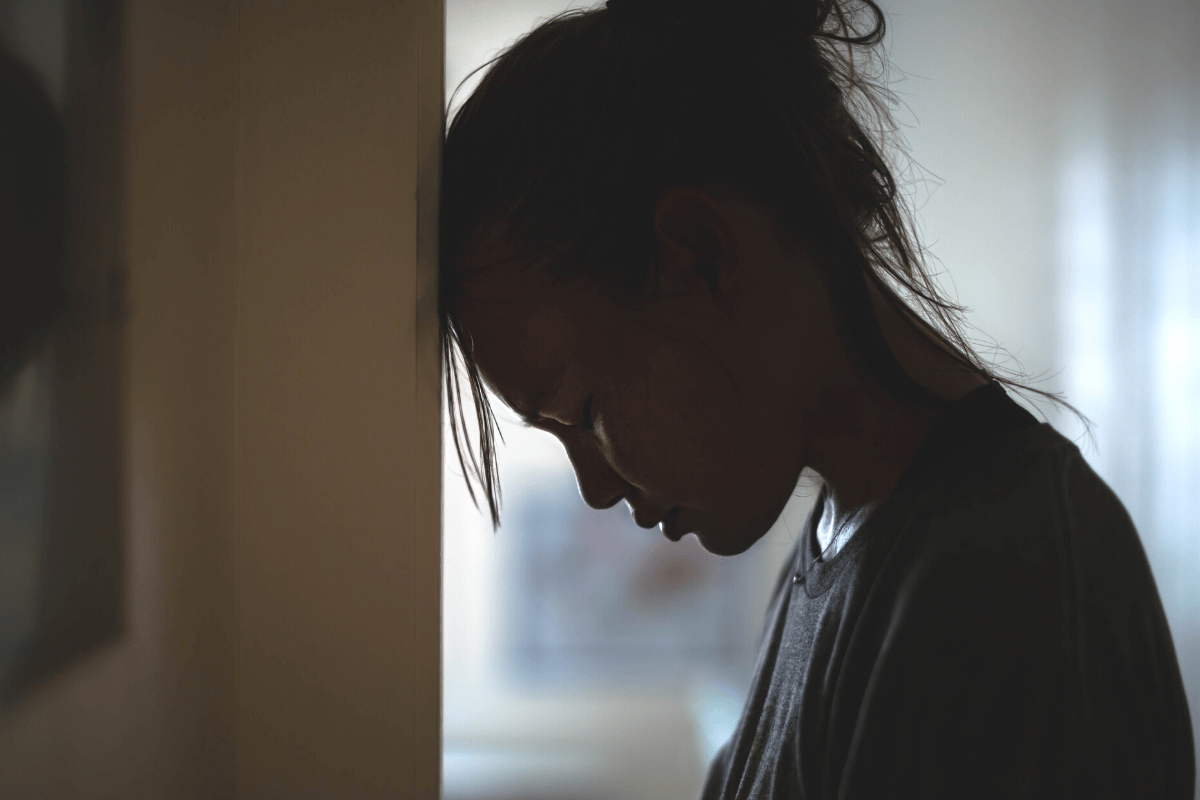
Content warning: This story includes descriptions of sexual assault and domestic violence that may be distressing to some readers.
For years, Nala* and her children were abused at the hands of the man who was supposed to love them.
Nala's then-husband was extremely violent towards his family, both physically and sexually, she told Mamamia when we spoke to her.
"There was so much family violence. I was desperate for a better life for my kids and I. My daughter was being sexually abused by my ex-husband. For my kids, they just went through too much."
Nala says she felt stuck between a rock and a hard place. Her own family wasn't around; her parents were not in the picture. And members of her then-husband's family were also perpetrators of abuse.
It was after a particularly traumatic incident that Nala decided she had to find safety. She felt that staying in their country of origin – a Southeast Asian country, which we are not disclosing for privacy reasons – wasn't an option.
"He has so much control. He knows all the states of [the country]," Nala says about her ex-husband. "The police did nothing, despite all the evidence we gave them. Plus, the government there doesn't care about women and their safety, and family violence."
Watch: women and violence, the hidden numbers. Post continues below.
